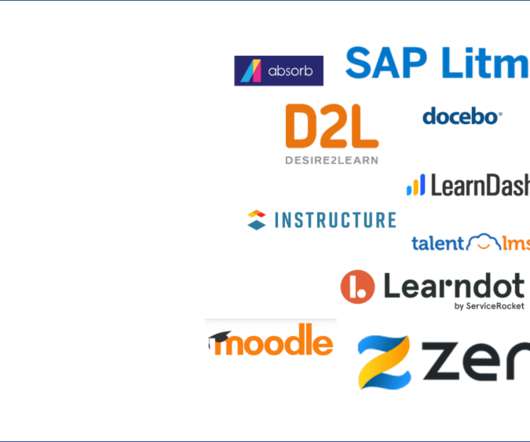Knowledge Work Types
Tony Karrer
DECEMBER 2, 2008
To help clarify this and to begin thinking through implications for Work Literacy Skills , I went back through a couple of different sources. Thomas Davenport classifies Knowledge Work Types in Thinking for a Living: How to Get Better Performances And Results from Knowledge Workers using a variety of classifications.
























Let's personalize your content